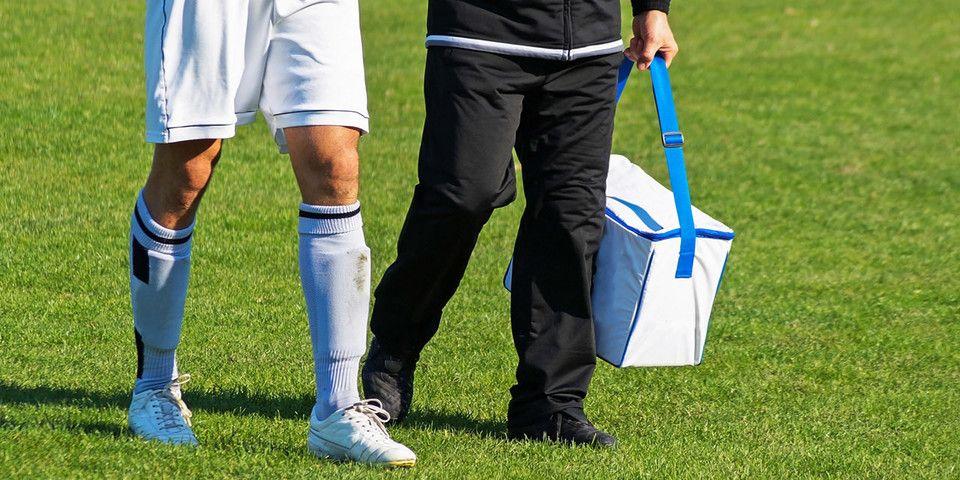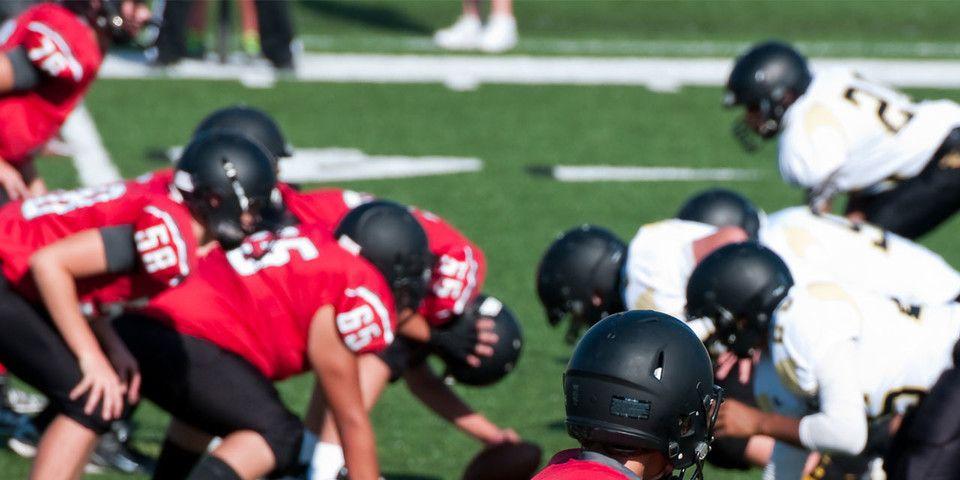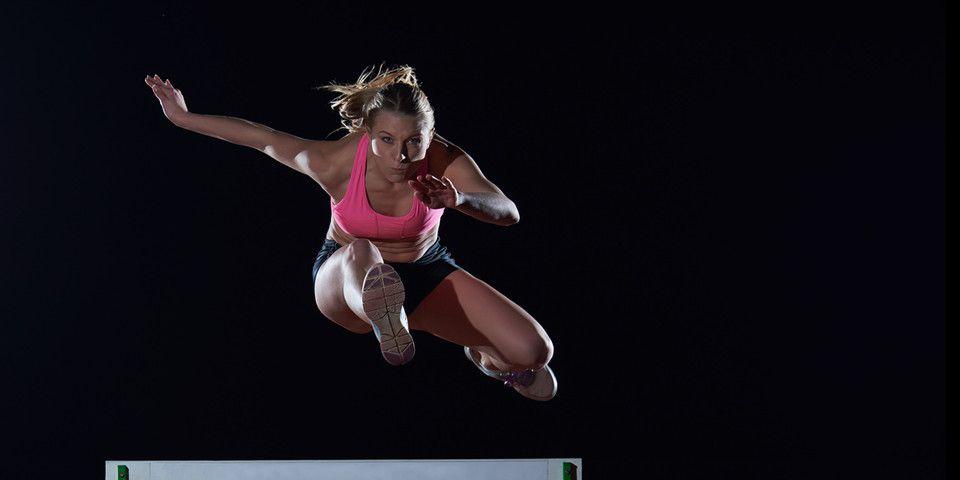How to Treat a Rotator Cuff Injury from Golfing
Can’t Swing Like You Used to? We Can Help!
If you suffer from shoulder pain it is a persistent and unpleasant part of your life. At night and while at rest, your shoulder aches. When you lift or lower your arm, the pain heightens. Your arm feels weaker than usual, and you are experiencing difficulty rotating your arm. Perhaps you are even experiencing sensations of cracking when moving your arm and shoulder.
Could these painful symptoms be related to your golf activity?
The answer is possibly— yes. It is also possible that the pain and weakness you are experiencing is not simply soreness or exhaustion. Shoulder pain, weakness, and sensations of the type described above are common rotator cuff symptoms that typically indicate a rotator cuff injury.
If you have been diagnosed with a rotator cuff tear or even a minor rotator cuff injury, halting your golf activity and pursuing specialized treatment is essential. Learn more about treatments for damaged rotator cuffs below.
Golf and Rotator Cuff Injuries
A tear of the rotator cuff may occur due either to a traumatic injury or gradual degeneration.
Traumatic rotator cuff tears are typically the consequence of either a fall or a heavy lift. Landing on outstretched arms after a slip, trip, or fall can cause the rotator cuff muscle to tear. Likewise, the stress of lifting a heavy object may result in a spontaneous tear of the rotator cuff.
Among golfers, however, rotator cuff injuries are more frequently the result of gradual degeneration from stressful overuse. The intense shoulder motions which power a golf swing place a great deal of stress on the muscles, tendons, and connective tissues that enable shoulder rotation, of which the rotator cuff is the most important.
A network of muscles, the rotator cuff connects the upper arm to the shoulder blade. The repetitive, intense stress of golf activity can damage the associated muscles and tendons, causing either a partial tear or a complete severing of the rotator cuff from the bone.
Treatments for Rotator Cuff Injuries
If you have been diagnosed with a rotator cuff injury due to golf activity, the necessary next step is orthopaedic treatment that can provide long-term relief from painful symptoms and enable you to return to golf activity.
Of the millions of rotator cuff tears suffered each year, the majority can be successfully and sufficiently treated with non-surgical methods. Effective non-surgical treatment options for rotator cuff patients include the following:
-
RICE (rest, ice, compression, and elevation)
-
Activity modification to reduce stress and allow healing (this may mean a break or long-term cessation of golf activity)
-
Physical therapy and rotator cuff exercises to strengthen the damaged muscle and connective tissues
-
Anti-inflammatory medications to relieve swelling and inflammation
-
Cortisone and steroid injections
In some cases, however, surgery will be the most effective treatment option. In particular, surgery is often recommended for patients who have experienced complete tears or who intend to return to regular, high-impact activity, including frequent or competitive golf activity.
Rotator cuff surgery is aimed at re-attaching the torn rotator cuff tendon to the top of the humerus bone. This operation may be performed through a traditional open incision, a mini-incision (three to five inches in width) or arthroscopically, using a miniature camera and surgical tools.
Rotator Cuff Care at Rothman Institute
Whether your rotator cuff injury requires surgical intervention or can be sufficiently treated using non-surgical methods, the Shoulder & Elbow and Sports Medicine specialists at Rothman Institute can provide you with the advanced care you need.
The physicians at Rothman Institute perform more than 80,000 Sports Medicine evaluations and 10,000 sports-related surgeries annually. Our Shoulder & Elbow specialists perform more than 3,000 procedures each year and pioneer advances in shoulder repair and replacement. We are proud to offer golfers the superior care they need to restore their orthopaedic health and return to their activity. If you have experienced a rotator cuff injury and would like to schedule an appointment or learn more about care at Rothman Institute, please visit us here or contact us at 1-800-321-9999.
Related Physicians
Related Specialties
Related Conditions
Related Programs
-

Athletic Training- Sport Medicine Outreach
Our Field Athletic Trainers provide direct sports medicine care to youth, high school, college and professional athletes. Rothman AT’s provide athletic training services throughout Southeastern PA to interscholastic high schools, colleges, as well as tournaments and special events.Read More -

Injury Prevention Program
The Injury Prevention Program at the Rothman Orthopaedic Institute is dedicated to the prevention of injuries from athletic participation, particularly youth sports.Read More -

Women’s Sports Medicine Program
The Women’s Sports Medicine Program at the Rothman Orthopaedic Institute is the first of its kind in the Philadelphia metro area and one of only several such programs specializing in the comprehensive care of the female athlete in the country.Read More




